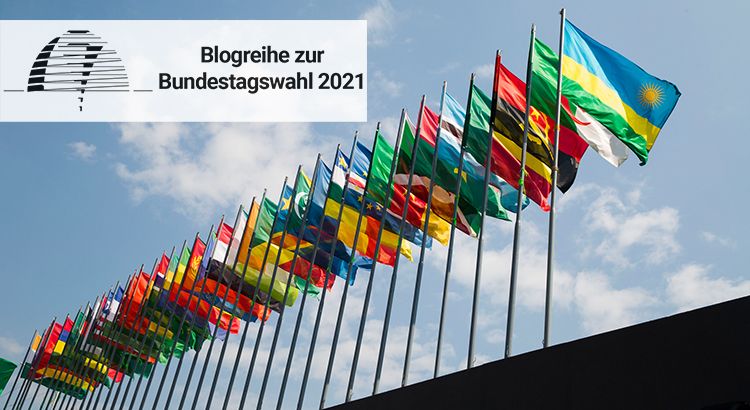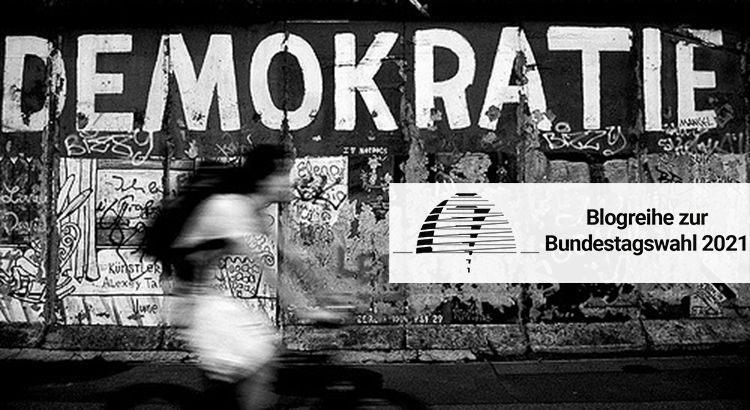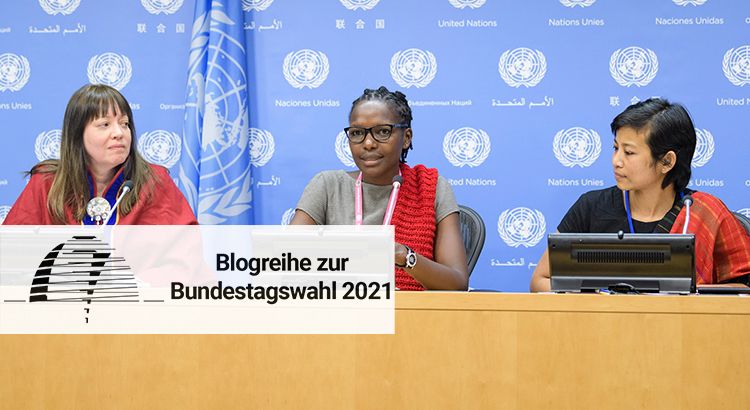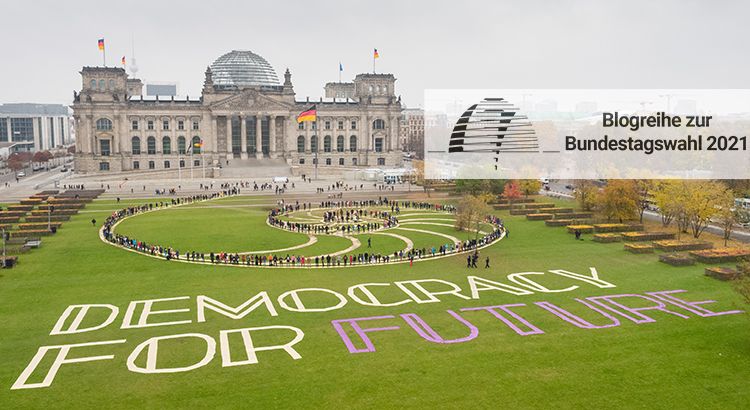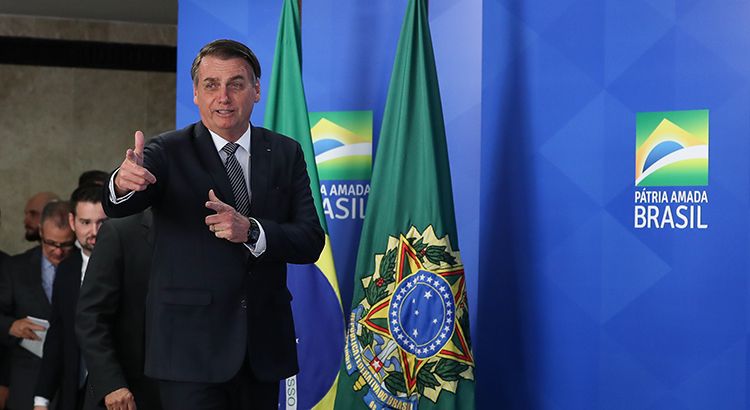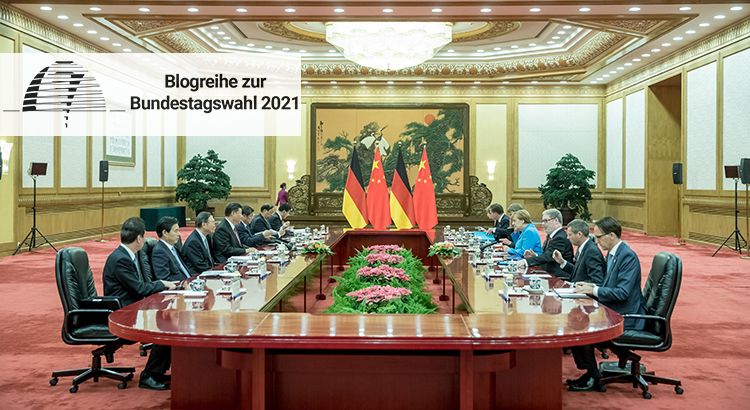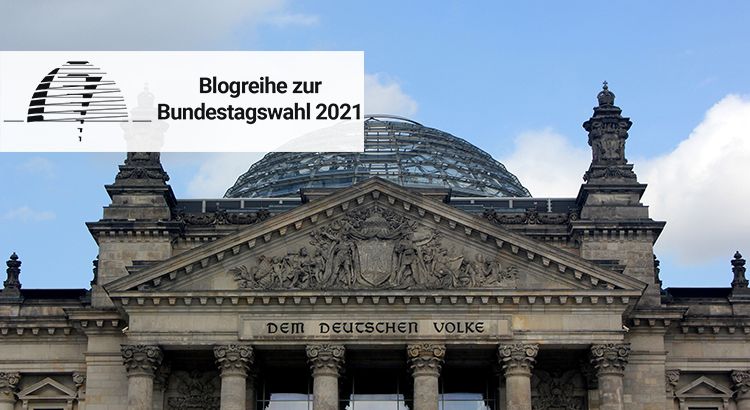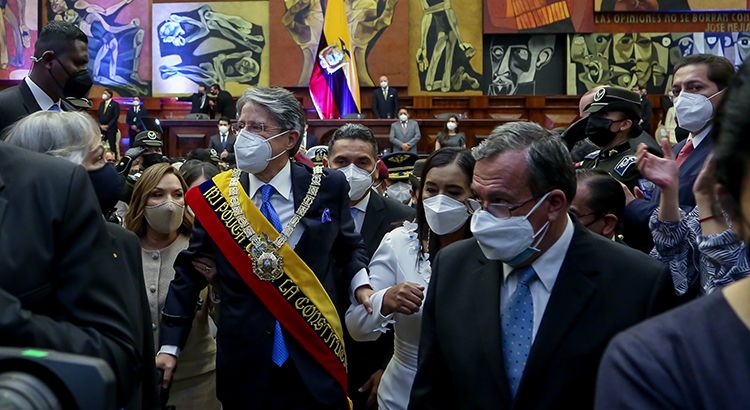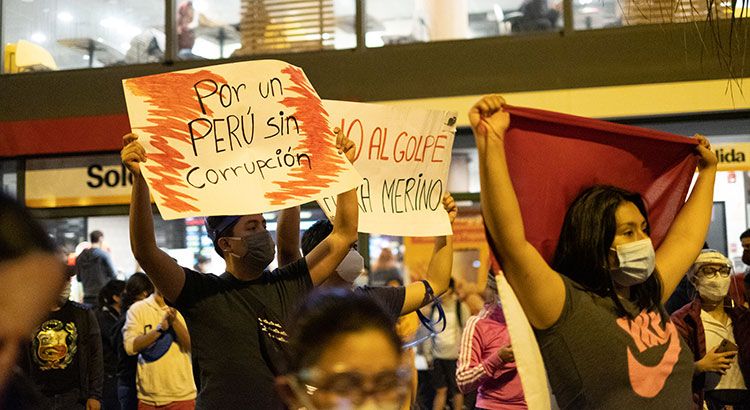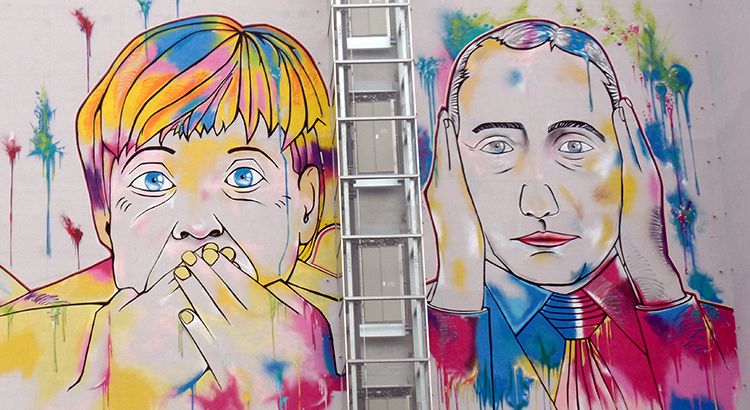Schlagwort: Wahlen
In ihren afrikapolitischen Leitlinien von 2019 beschreibt die amtierende deutsche Bundesregierung die Zukunft Europas und Afrikas als „untrennbar verbunden“ und strebt an, die Zusammenarbeit zwischen den Kontinenten zu intensivieren. Abseits der zentralen Themen, die im Vorfeld der Bundestagswahl 2021 den Wahlkampf dominieren, lohnt demnach auch ein Blick auf jene, die weniger im öffentlichen Fokus stehen, darunter zum Beispiel die afrikapolitischen Positionen der Parteien. Wie äußern sich also die Parteien im Vorfeld der Bundestagswahl 2021 mit Blick auf den afrikanischen Kontinent?
Deutsche Demokratieförderpolitik in einer multipolaren Welt: Parteipolitische Perspektiven vor der Bundestagswahl
Ob in Brasilien oder Indien, in den USA, Tunesien oder Ungarn – selten seit dem Ende des Kalten Kriegs schien die Demokratie rund um den Globus so gefährdet wie heute. Aber wie lässt sich der gegenwärtige globale Trend der Entdemokratisierung bremsen oder gar umdrehen? Was können demokratische Staaten wie Deutschland tun, um demokratische Institutionen und Prozesse weltweit zu schützen und zu fördern? Und wie sollte sich die zukünftige Bundesregierung gegenüber der US-Initiative für ein neues Bündnis der Demokratien einerseits, dem wachsenden Einfluss des autokratischen Chinas auf der anderen Seite verhalten? Dieser Blogbeitrag vergleicht die Positionen der in Fraktionsstärke im Bundestag vertretenen Parteien.
Eine feministische Außenpolitik für Deutschland?
Seit Schweden im Jahr 2014 offiziell eine feministische Außenpolitik verfolgt, wird der Begriff in der Sicherheits- und Außenpolitik immer präsenter. Fünf weitere Länder haben mittlerweile offiziell eine feministische Außenpolitik oder zumindest feministische Leitlinien der Außen- und Sicherheitspolitik eingeführt: Kanada, Frankreich, Mexiko, Spanien und Luxemburg. Damit stellen diese Staaten die Gleichberechtigung der Geschlechter als zentrales Mittel zur Herstellung von Frieden und Sicherheit in den Fokus ihrer Außenpolitik, setzen sich für eine höhere Anzahl an Frauen im diplomatischen und außenpolitischen Dienst ein und stärken die Durchsetzung der (Frauen-)Menschenrechte.
Jenseits der Wahl: „Demokratie stärken“ – aber welche?
Echokammern überall, der gesellschaftliche Zusammenhalt gefährdet, die Demokratie in der Krise – an diesen und ähnlichen Diagnosen herrscht momentan kein Mangel. Ganz unabhängig davon, ob man die Krisenbeschreibungen im Einzelnen teilt, lässt sich feststellen, dass die Sorge um die Zukunft der Demokratie seit einigen Jahren wieder verstärkt Einzug in die politischen Debatten und Sonntagsreden gehalten hat. Man müsse jetzt die Demokratie „stärken“ – so der allgemeine Tenor. Doch wie geht das konkret? Und was soll genau gestärkt werden? Dieser Blogbeitrag vergleicht die entsprechenden Vorschläge der Parteien in ihren Wahlprogrammen zur Bundestagswahl – und zieht ein ernüchtertes Fazit.
Bolsonaro gunning at Brazilian democracy
In Brazil, September 7th is Independence Day, traditionally celebrated with civil and military parades in the capital Brazilia and many other cities. What was intended to foster national pride and unity threatens to damage that very unity this year, as President Bolsonaro wants to turn the events into a show of strength signalling his will to win in the 2022 elections by a coup d’état if necessary.
Deutsche China-Politik zwischen Partnerschaft und Rivalität
Chinas scheinbar unaufhaltsamer wirtschaftlicher Aufstieg hat inzwischen auch die deutsche Parteipolitik erreicht, und die Frage nach dem zukünftigen Umgang mit der neuen Supermacht als bedeutendes Wahlkampfthema etabliert. Die deutschen Parteien begegnen dieser Herausforderung, indem sie 2021 erstmalig ausgewiesene China-Politiken skizzieren. Das ist neu: noch 2017 fanden sich nur vereinzelte Erwähnungen von „China“ in den damaligen Programmen, und ausschließlich in unspezifischen Kontexten wie dem Umgang mit autoritär verfassten Staaten. Wie ein Vergleich der aktuellen Programme zeigt, ist China inzwischen nicht nur eines von vielen außenpolitischen Themen, sondern sogar wichtiges Element ihrer allgemeinen weltanschaulichen Positionierung.
HSFK-Blogreihe zur Bundestagswahl 2021: Wohin steuern die Parteien in der Außen- und Sicherheitspolitik?
Am 26. September 2021 wird ein neuer Bundestag gewählt und somit auch über die Zukunft der deutschen Außen- und Sicherheitspolitik mitentschieden. Wie genau positionieren sich die Parteien und welche Ziele verfolgen sie? In dieser Blogreihe untersuchen Mitarbeiter:innen der HSFK die außenpolitischen Positionen und Ziele der aktuell im Bundestag in Fraktionsstärke vertretenen Parteien. Die Beiträge betrachten eine Vielzahl an Politikfeldern und bewerten die friedenspolitischen Herausforderungen, die auf eine neue Bundesregierung zukommen.
Moving past the Pro-Correa / Anti-Correa divide in Ecuadorian politics: The indigenous Pachakutik party as a third force
On May 24, the day he took office as Ecuador’s new president, Guillermo Lasso, was seen leaving the ceremony next to Guadalupe Llori, indigenous leader and newly elected president of the National Assembly. Lasso, a conservative politician and former banker, had won the runoff against Andrés Arauz, the candidate supported by the political movement of former president Rafael Correa, who had governed the country between 2007 and 2017. Yet, Ecuador’s new political landscape offers a chance to move beyond the polarization between Correa supporters (Correístas) and opponents (Anti-Correístas). A key sociopolitical force in this regard is the indigenous movement and its political organization, Pachakutik.
Peru: General Elections in the Air, a Crisis of Democracy on the Ground
On 11 April 2021, the Republic of Peru will hold general elections. However, the elections have been overshadowed by the November 2020 Parliamentary Coup and the massive police violence against protesters who have been demonstrating against the controversial outcast of the former President Martín Vizcarra by the Congress. PRIF student research assistant Laura Fischer had the opportunity to speak with Carlos López Felipe Vásquez, a Human Rights activist and a professor for Public International Law at the Technical University of Peru, about the background of the political and constitutional crisis.
Green is the New Black? What might the “Green” German foreign policy vis-à-vis Russia look like?
The election of a new German Chancellor to replace Angela Merkel after more than 15 years in office is eagerly anticipated both at home and abroad. However, anyone expecting a drastic change in German foreign policy towards Russia will be most likely disappointed. At present, most signs indicate that relations between both countries will remain frosty or even deteriorate post-election, regardless of who ultimately prevails in the voters' preference. However, one uncertain variable in this otherwise predictable equation is the possible role played by the Green Party in shifting the country’s international course, as it most likely will become a part of a new German government after the election.
